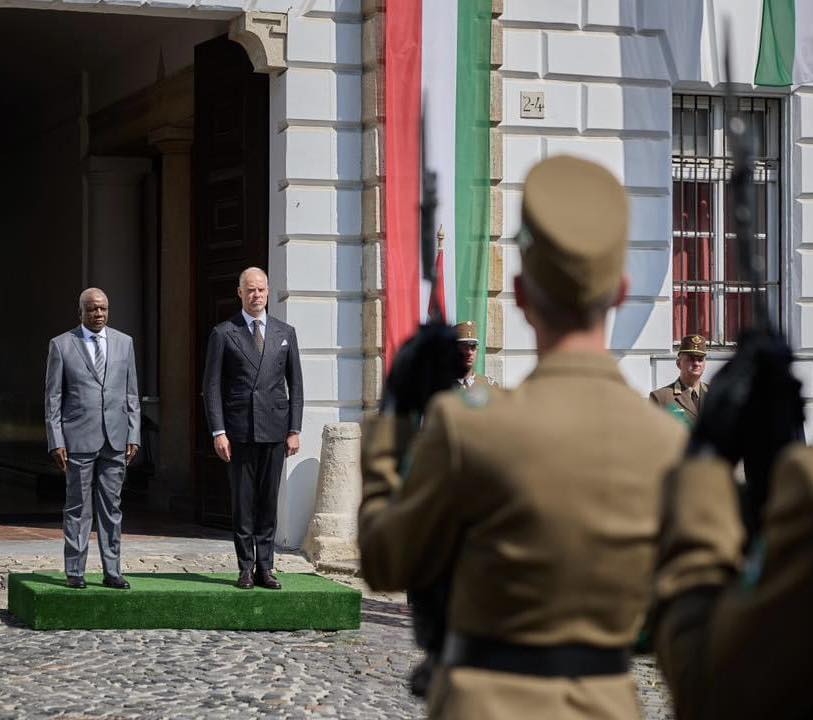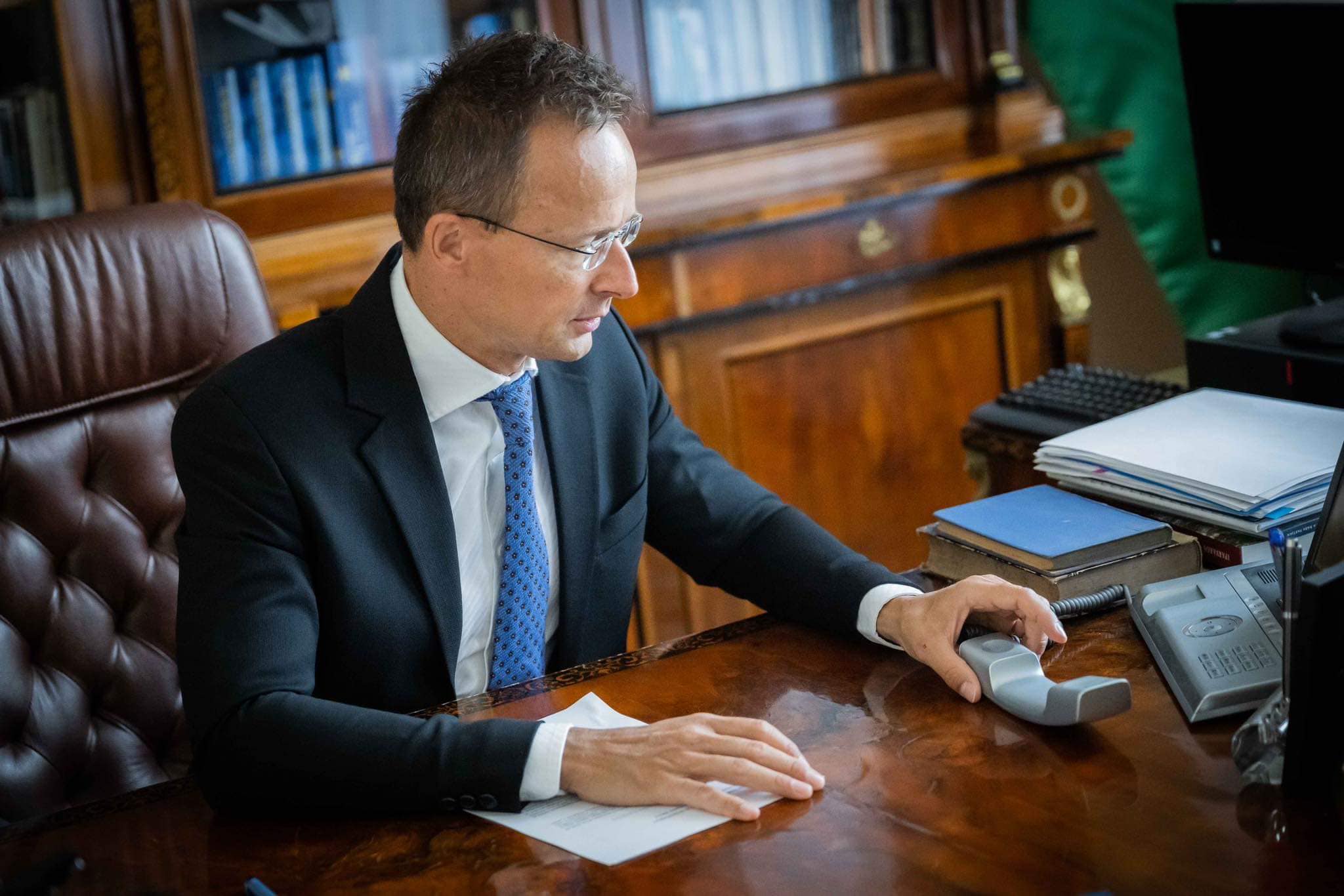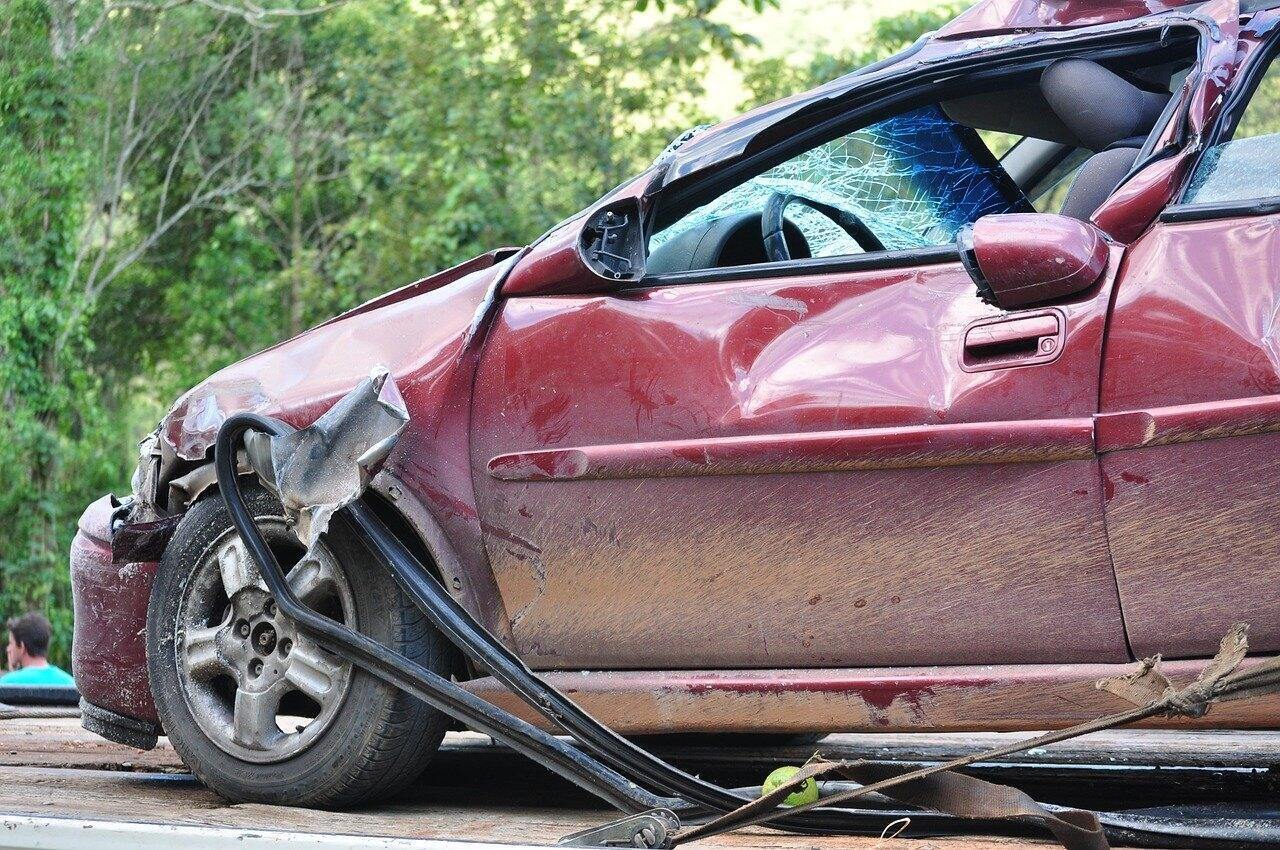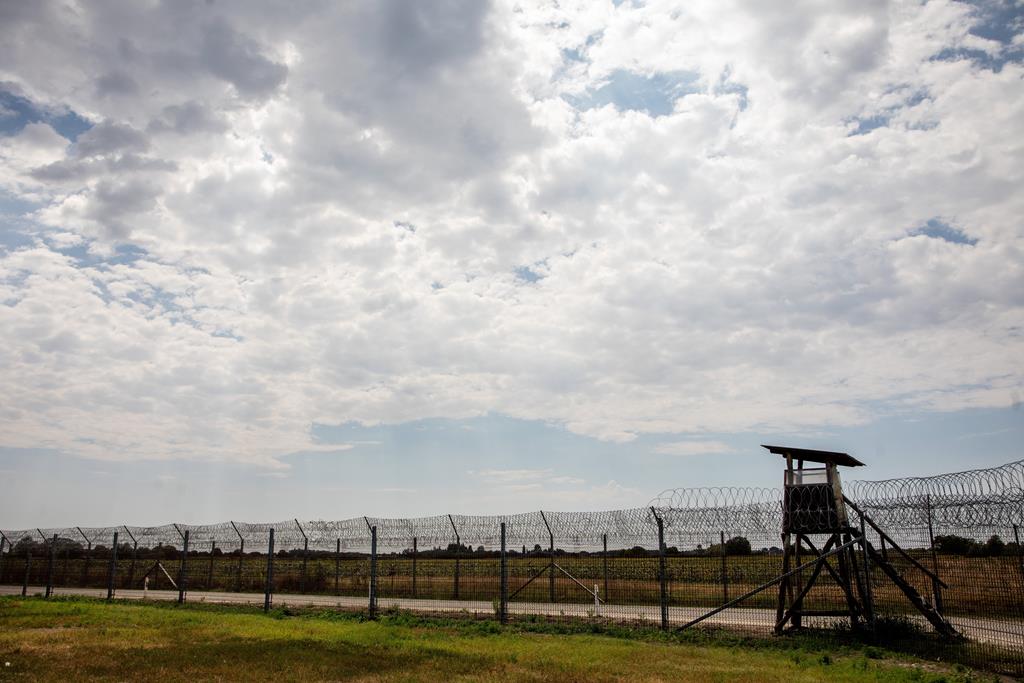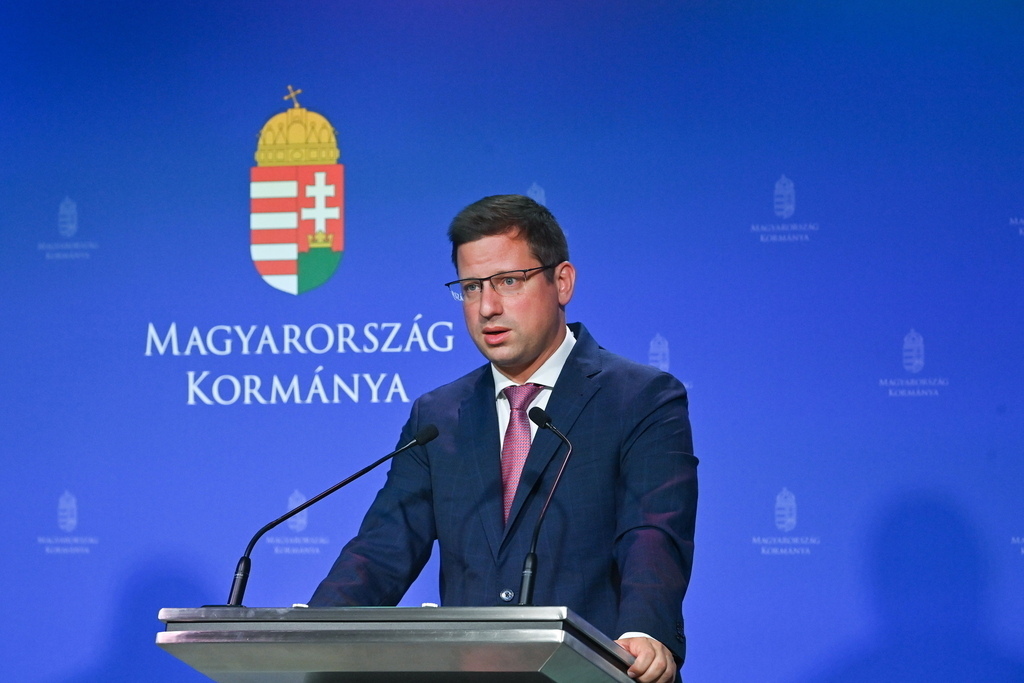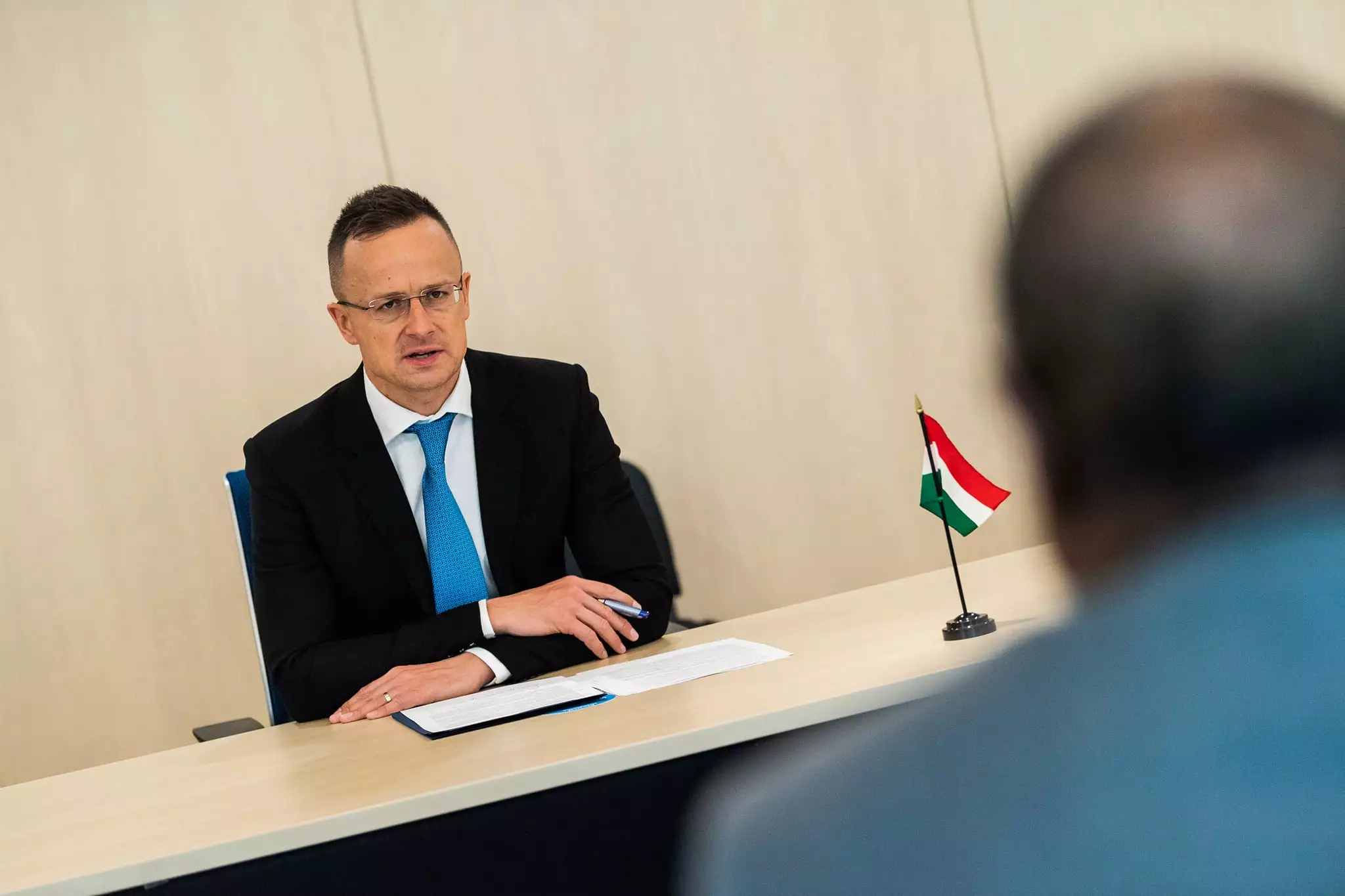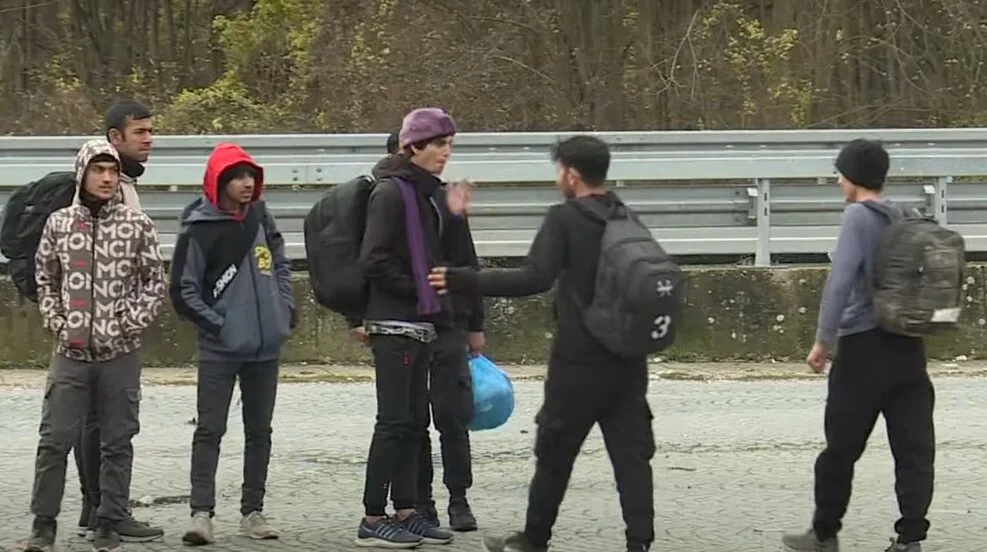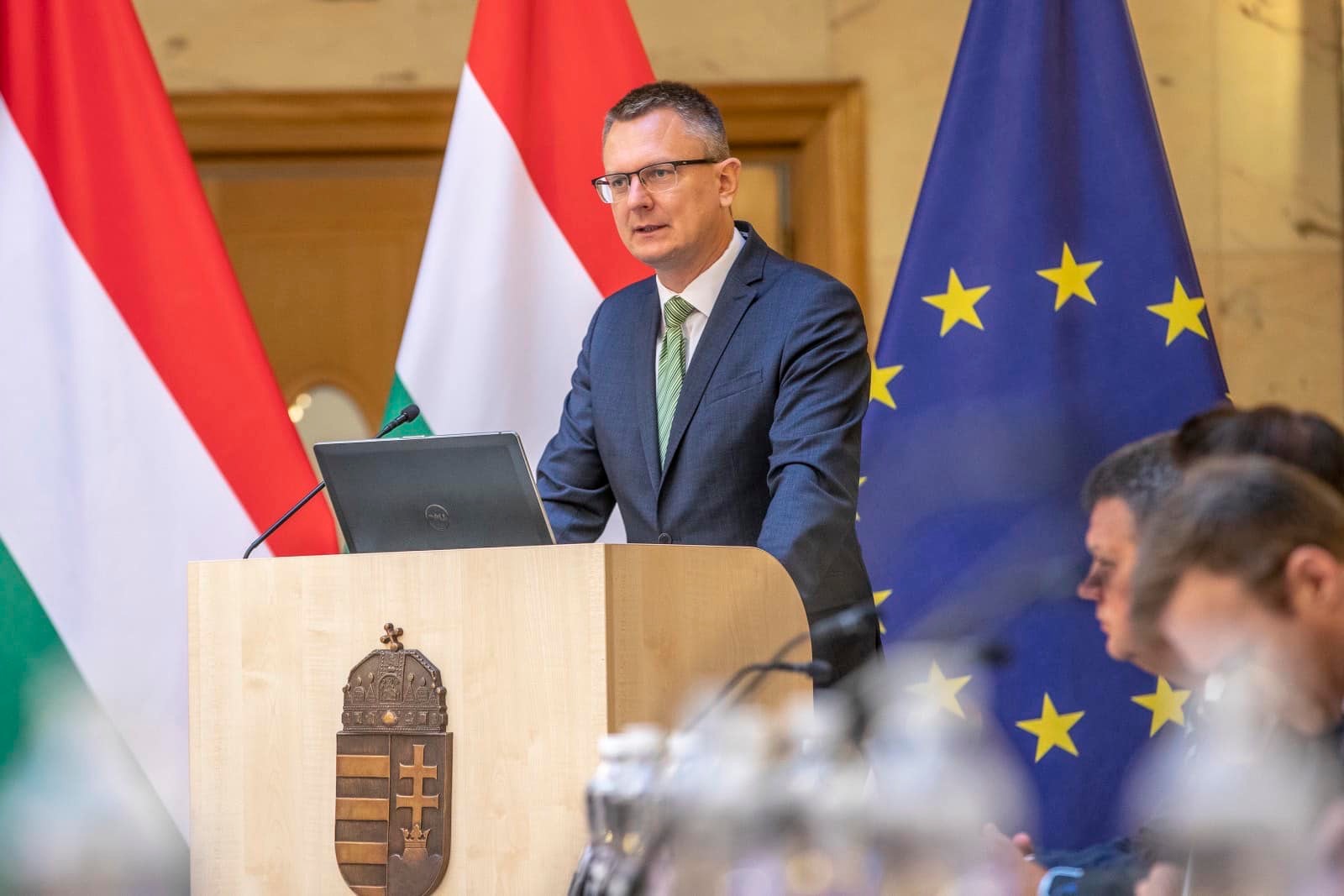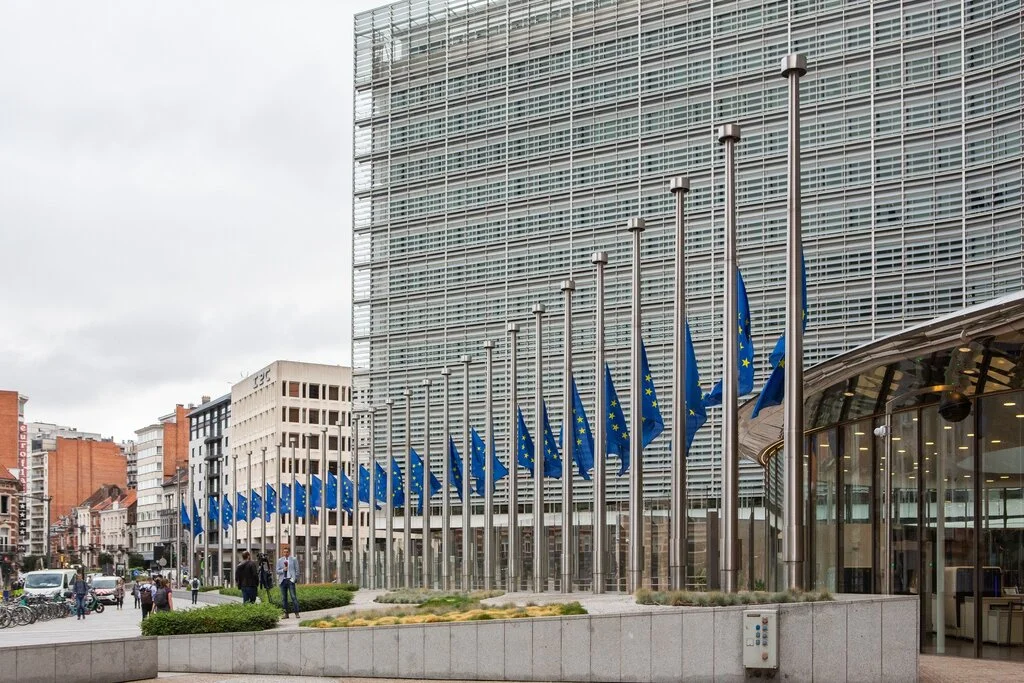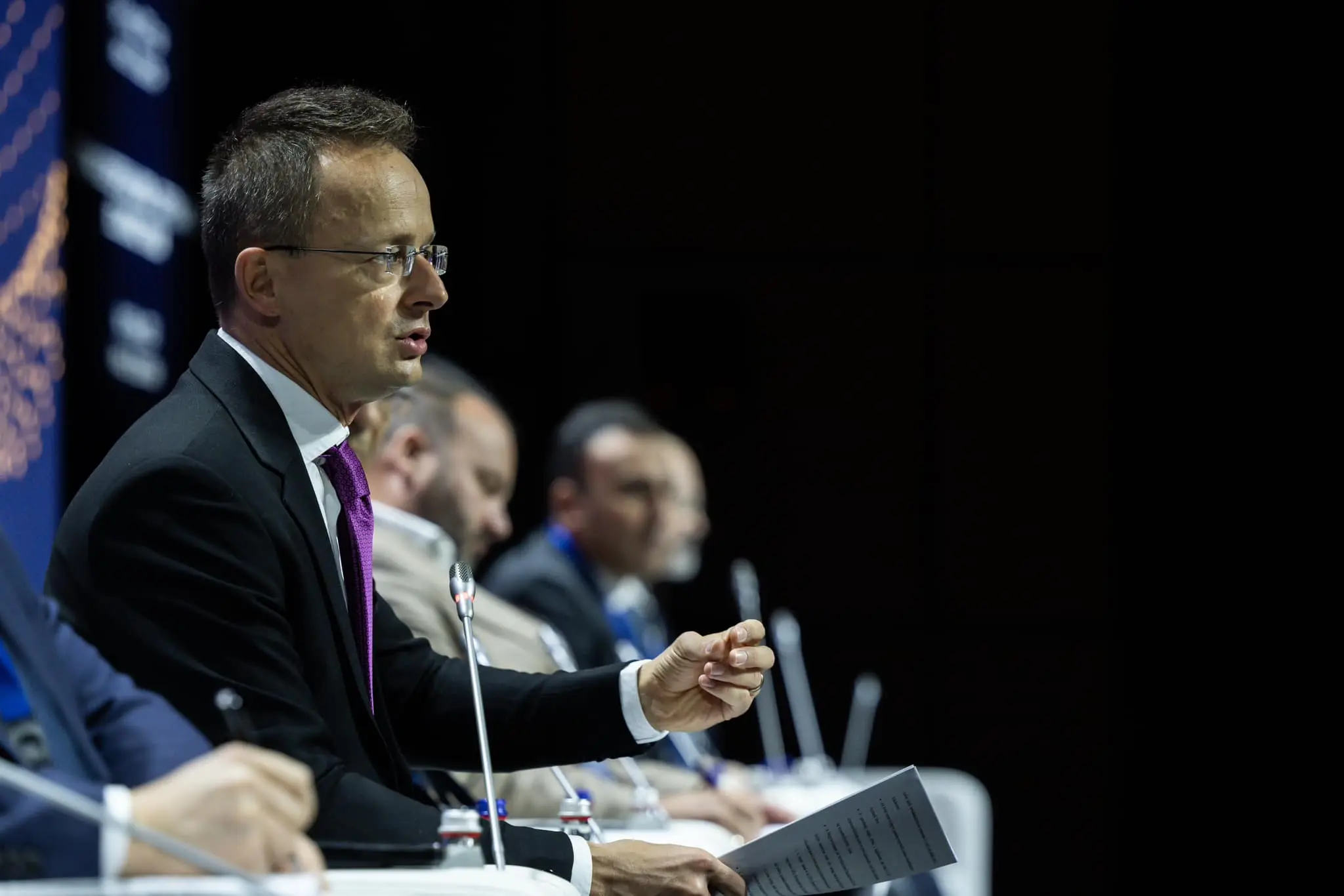The conflict in Ukraine will be drawn out because “westerners want the war to continue”, Prime Minister Viktor Orbán said on Friday. Orbán told public radio that “the government has very different tasks, and Hungarians will have a very different future, depending on whether there is a war or there is no war”. “The proportion and number of pro-war supporters remains overwhelming and there are hardly any of us using the voice of peace,” Orbán said. “We must be prepared that the war and sanctions will not disappear from our lives,” he added. If it actually happened, “a large part of the economic troubles would be fixed”.
Orbán said that in the current situation “we must bring down inflation. We discontinue certain measures and introduce others, whatever works we will keep”. He said the price monitoring system was very helpful in this regard and added that mandatory food discounts had also been introduced. “We can see that the inflation rate will decrease every month,” he added. He said a government meeting held in Sopronbanfalva, western Hungary, discussed ways to keep the war and illegal migrants away from Hungary and “protect families and pensioners from plans made by Brussels bureaucrats”.
Orbán said some “great issues” were kept on the agenda that “could determine our fate for decades”, citing energy supplies for the country in the next 10-20 years, ways to utilise Hungary’s favourable geographical position, preserving the quality of Hungarian agricultural products and issues concerning the military force and demographics. Meanwhile, the prime minister said the ongoing cabinet meeting was also focused on exploring the legal and political means available to prevent Brussels from implementing the plan on migrant quotas.
No ghettos
“If we obeyed Brussels, which we do not intend to do, we would be forced to build migrant ghettos in Hungary,” he added. “There’s another direct threat, and this one also comes from Brussels,” the prime minister said. He said the EU had again put forward a proposal that would lead to Hungary having to scrap its price caps on energy. Yet on Thursday the cabinet discussed “how we’re not going to scrap the utility price caps”, and how Hungarian interests could be enforced in energy regulation “at home and also in Brussels”, he added. “These clever men sit in a big bubble in Brussels and they think that that they understand the world better than we do here, in Budapest or now in Sopron,” he said.
Orbán said there was one more issue “which must be decided by all means” on Friday. A new waste management system has been introduced which would result in a significant disadvantage for Hungarian winemakers in the strong competition in Europe resulting from regulations affecting bottles. He also said that when Ukrainians were fighting for the survival of their nation in the war, “they do not care about the rest of the world”. “They can only look at the conflict through their own spectacles” which is normal but it means “we must keep our wits about it”. “If we did what the Ukrainian president is asking for, we’d be in the third world war,” Orbán said.
Orbán: NATO is at war with Russia
If Ukraine was given NATO membership now, it would immediately mean a third world war “because it would mean that NATO is at war with Russia”. He said that a favourable decision was reached in the end, with the majority not wanting to take on the risk of war and Ukraine was therefore not allowed to join. Orbán said Ukrainians’ communication style was “undoubtedly unusual” considering that “when you are in trouble and ask for help, you should behave correctly”. However, “Ukrainians are aggressive, making demands” while the people in Ukraine die by the hundreds and thousands on a daily basis, he added. The Ukrainians “are in great trouble, they face matters of life and death, and they see the world very differently from us”, he said.
Orbán said it was important that “we should not accept the perspective through which they look at the world because if we accept it, then we will slip into the war”. Those countries that supply weapons to Ukraine are already involved in the war, he said. Although Ukrainians have not been admitted into NATO and the direct threat of world war has been avoided, “we have not progressed closer to peace even by an inch,” he said. On the contrary, there is an escalation, with new and increasingly long-range weapons and effective explosives that the Ukrainians receive from western states, especially from the US, he said. “So the situation continues to be extremely dangerous,” he said.
In the Christian world “where we belong” the most important issue, which Hungary also argues for, is ceasefire and peace talks. It is also important for Hungarians because the war is in a neighbouring country and “various escalations could reach Transcarpathia and then Hungary”, he said. Orbán said that he agreed with Ukrainian President Volodymyr Zelensky that the United States could end the war in Ukraine with immediate effect. He added that nobody knew why this was not happening.
Ukraine has already lost it sovereignty, it has no money, no defence industry and no ability to manufacture military equipment, Orbán said. “It receives money from us also, mostly from the Americans” and also military equipment, he added. If the US said that it wanted peace and the war must be stopped, there must be a ceasefire and talks should be started, it would happen the following day, Orban said. “As to why the Americans don’t want this, we did not get an answer even at the NATO summit,” he said.
Inflation on the right path
Concerning the economy, the prime minister said that though the government planned to bring inflation down to the single digits by the end of this year, that target could be reached “one to one-and-a-half months” earlier. Inflation is “on the right path and a downward trajectory”, he added. Orbán also said the public utility fee cut scheme must be maintained by all means.
The scheme should not be considered purely as an energy issue, he added. “It’s worth considering that the government supports every family with 181,000 forints, so the utility fee cut scheme is a matter of living standards for the middle class and those who are poorer”, he said. As regards migration, the prime minister said the only solution to the migrant crisis was if migrants were not allowed entry into Europe. Summarising Hungary’s position on the European Union’s migration package, Orbán said: “No migration.”
When it comes to the issue of migration, Hungary relies solely on its own experience, he said, adding that the reason why there were no migrants in the country was because the Hungarian model was working. Some 330,000 illegal migrants were stopped at Europe’s borders last year, 270,000 of whom were stopped on the Hungarian border, Orbán noted. The prime minister noted the clashes between migrants and police at the Roszke border crossing in 2015 and how hundreds of thousands of migrants “marched across the country” and “invaded Budapest’s train stations”.
Hungary will protect Europe
Only those migrants whose asylum applications are approved should be allowed to enter Europe, he said. It is this Hungarian model that they now want to “tear down”, but the government will protect the only successful border protection regime in Europe, Orbán said. “This is our country and only we can say who can enter Hungary, when and under what conditions,” he added. As long as there is a nationally minded government in power, there will not be any “migrant ghettos” in Hungary, the prime minister said. He said that after the effort it took to solve the problem of closing the refugee camps in Hungary, “they want to dump it on us again”.
Orbán said a Hungarian government that acted as the western European ones do “would be ousted in three minutes”. Asked what tools he had at his disposal for protecting the country, Orbán said it was crucial to stand firm because “the first frontline of the fight against migration is in the Hungarian Parliament”. “There are mercenaries sitting across from us,” the prime minister said. He said the government must not give in to the demands of the opposition, arguing that they would tear down Hungary’s border fence, approve the migrant quotas, support the decisions in Brussels and build migrant ghettos.
Opposition paid by foreign powers
Many in the opposition are paid in foreign currency, dollars, euros and forints, “and everyone knows that he who pays the piper calls the tune,” the prime minister said. Brussels can use the Hungarian left to force the migrant quotas and migrant ghettos onto Hungary at any time, he said. Orbán said there were legal means available for delaying certain decisions in connection with the debate on migration, adding that “resistance groups” were also being organised. He expressed hope that more countries would begin to oppose migration along the way.
On another subject, Orbán said it must be made clear that “foreigners can’t buy political influence in Hungary”. He said though there was reason to bring up corruption when it came to the foreign campaign donations received by Hungary’s left-wing parties in last year’s general election, he saw the matter more as a question of sovereignty. If Hungarian lawmakers or the mayor of the Hungarian capital can be bought, “that means that these people don’t make decisions based on the interests of the Hungarian people, but rather on the expectations of their clients”, he said. “That means we’re not sovereign,” he added. Corruption is a crime everywhere, the prime minister said, adding that Hungary had not dealt with this issue properly. Orbán said that though he believed the case in question called for punishment, the regulations needed to be made clearer.
